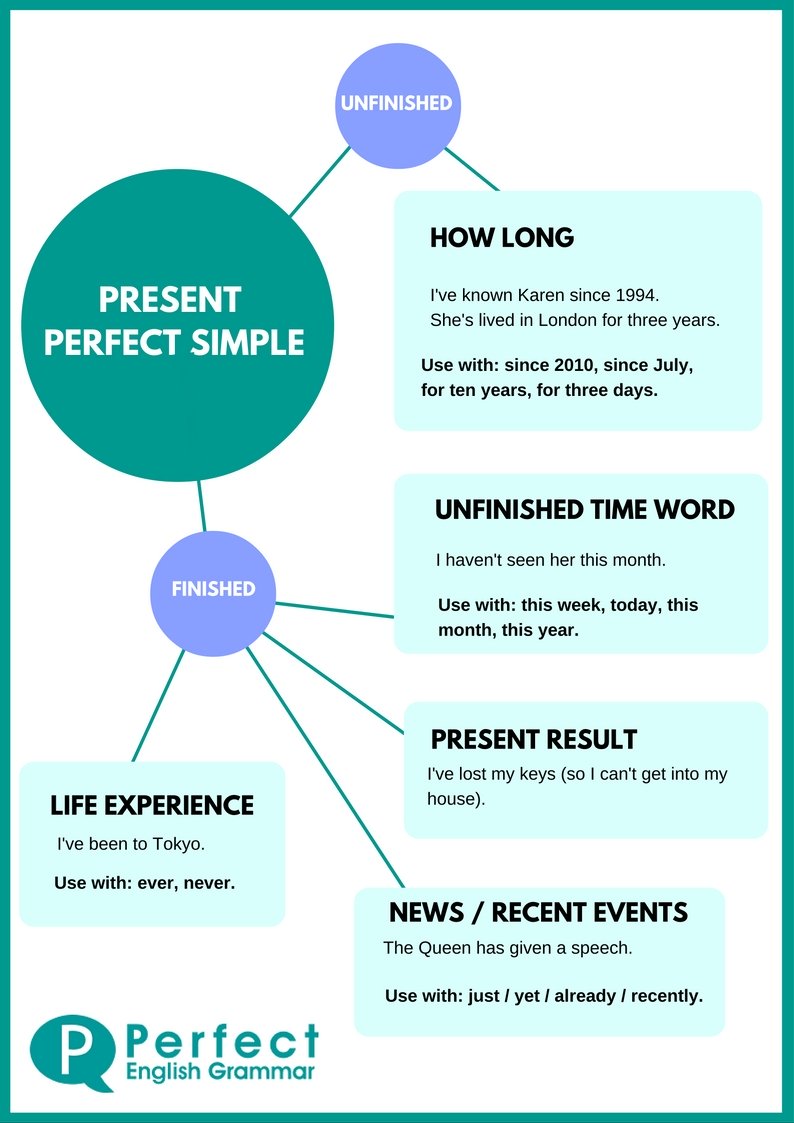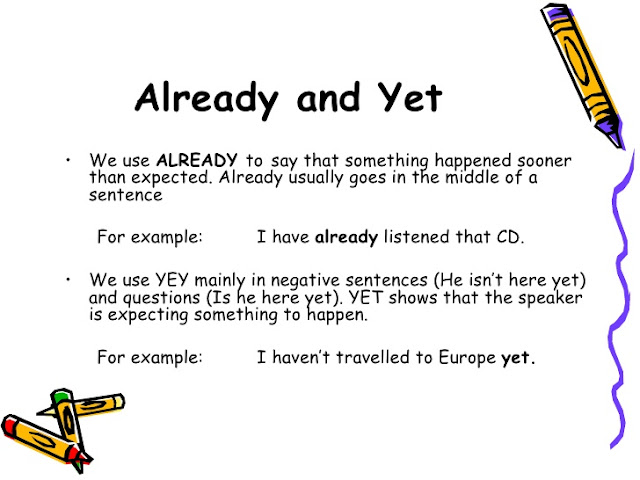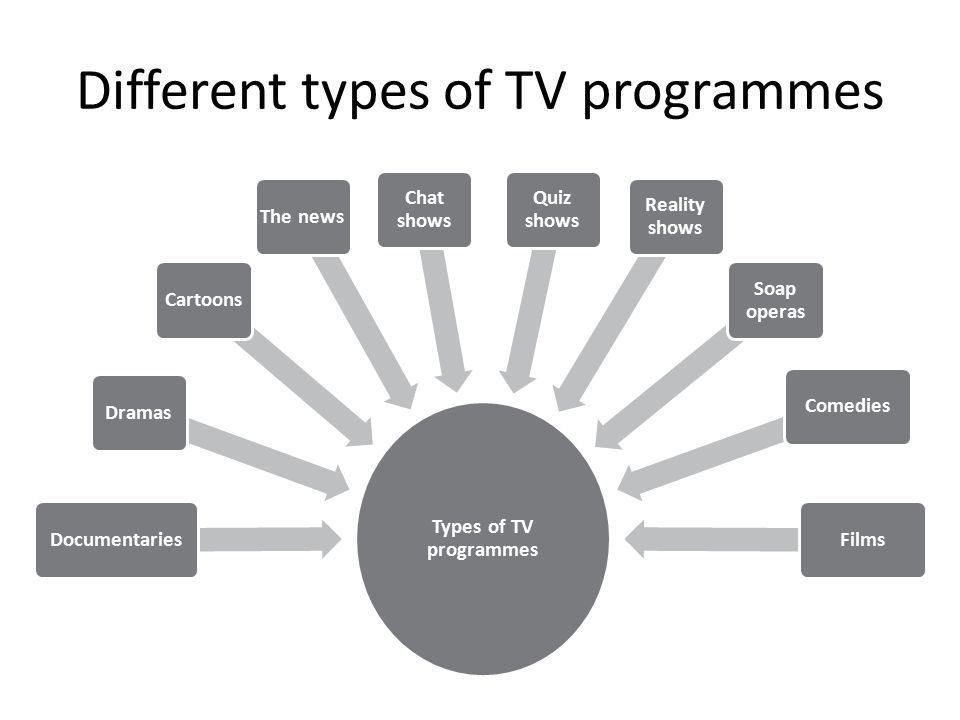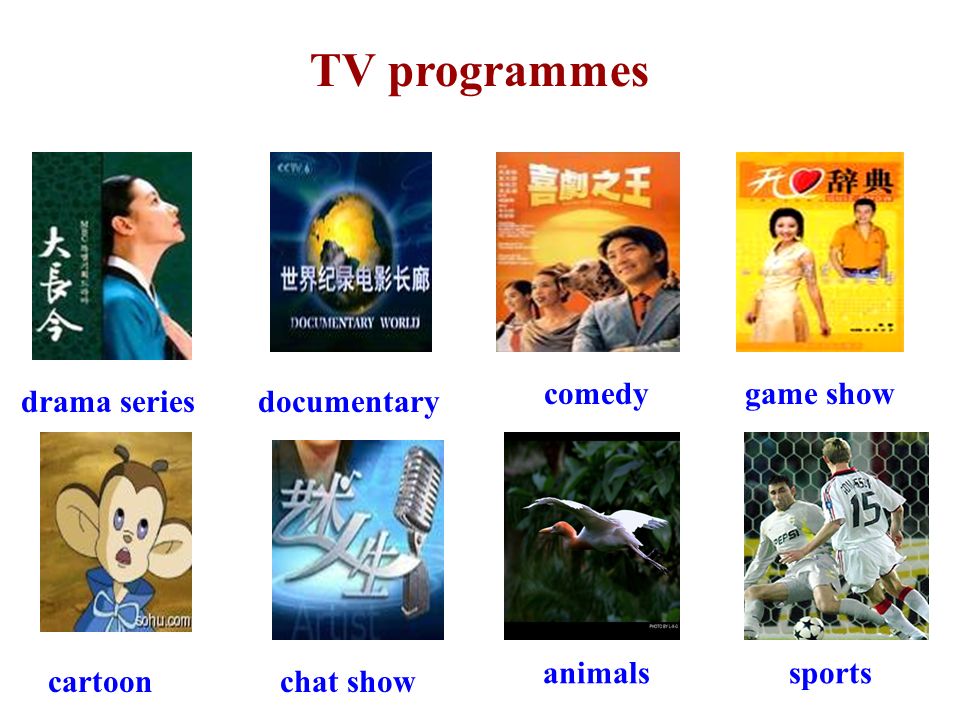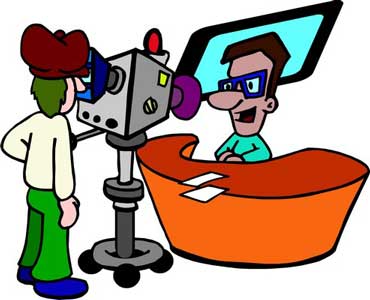Do you know how to connect two contrasting ideas?
Look at these examples to see how although, even though, in spite of and despite are used.
Although we don't agree, I think she's a brilliant speaker.
Even though we don't agree, I think she's a brilliant speaker.
In spite of the law, people continue to use mobile phones while driving.
Despite the law, people continue to use mobile phones while driving.
--------------------------------------------------------------------------
Read the explanation to learn more.
GRAMMAR EXPLANATION
Although, even though, in spite of and despite are all used to link two contrasting ideas or show that one fact makes the other fact surprising. They can all be used at the beginning or in the middle of the sentence.
Despite the rain, we enjoyed the festival.
We enjoyed the festival, despite the rain.
The main difference between although, even though, in spite of and despite is that they are used with different structures.
in spite of / despite
After in spite of and despite, we use a noun, gerund (-ing form of a verb) or a pronoun.
They never made much money, in spite of their success.
In spite of the pain in his leg, he completed the marathon.
Despite having a headache, I had a great birthday.
The train was cancelled. In spite of that, we arrived on time.
Note that it is common to use in spite of and despite with the expression the fact that, followed by a subject and verb.
In spite of the fact that he worked very hard, he didn't pass the exam.
Despite the fact that he worked very hard, he didn't pass the exam.
Despite the fact that / In spite of the fact that
These phrases are followed by a subject + verb.
- Our plane arrived on time in spite of the fact that it left 30 minutes late.
- We won the game despite the fact that we had two fewer players.
Although / even though
After although and even though, we use a subject and a verb. Even though is slightly stronger and more emphatic than although.
I enjoyed the course, although I would have liked more grammar practice.
Although we saw each other every day, we didn't really know each other.
Even though she spoke very quietly, he understood every word.
She didn't get the job, even though she had all the necessary qualifications.
Though
Though can be used in the same way as although.
Though I wasn't keen on the film, I thought the music was beautiful.
Though can also go at the end of the second phrase. This way of expressing contrasting ideas is most common in spoken English.
We waited ages for our food. The waiter was really nice, though.
but / However
But is more informal than however. You can use however at the beginning of a sentence, but you can’t use but at the beginning of a sentence (in written English).
- I tried to lift the box, but it was too heavy for me.
- I tried to lift the box. However, it was too heavy for me.
While / Whereas / Unlike
These linking words are used to make contrasts. While and whereas are usually used between two complete phrases. Unlike is typically used with only a subject.
- I like tennis, while my brother prefers bowling.
- This cell phone plan costs $0.05 per minute, whereas that one gives you up to 800 minutes per month for a fixed price.
- His boss allows him to work from home, unlike mine.
- She’s very friendly, unlike her sister.


